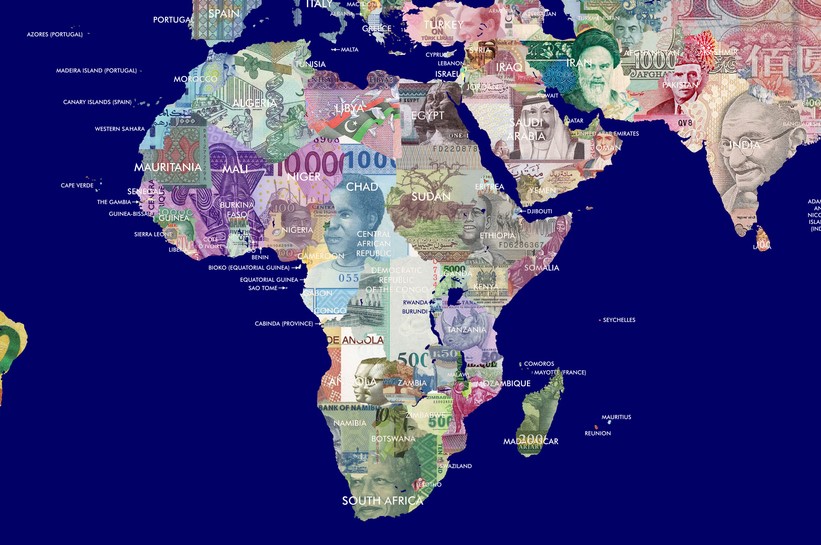
Sectors to Watch: Healthcare
Following the economic shock caused by the Covid-19 pandemic, investors, policymakers and businesspeople are trying to discern which sectors will drive economic growth in the coming years. In our August 2021 newsletter, we identified 5 sectors to watch in Africa, which are likely to be at the forefront of the continent’s post-Covid-19 economic recovery. The first of these 5 sectors is healthcare.
Healthcare
In a recent session on healthcare at the African Development Bank’s Annual Meeting, the Head of the Africa Centre for Disease Control and Prevention (Africa CDC) – John Nkengasong – stated that “Ebola was a signal. We can also look at Covid-19 as an indication that something more severe will come if we do not strengthen our health defences”. The Covid-19 pandemic has exposed the pre-existing inadequacies in healthcare that exist across Africa, and this can be seen acutely in the continent’s vaccination rollout. At the start of July, only 1.1 percent of Africa’s population had been fully vaccinated, in contrast to Europe, where the proportion was 40 percent. As a result, there are now growing calls for much needed investment in this vital sector.
It has long been recognised that Africa lags behind other regions of the world in relation to healthcare provision. According to the World Health Organisation (WHO), Africa bears more than 24 percent of the global burden of disease but has access to only 3 percent of health workers. The continent is also seriously lacking in regard to pharmaceutical production, with between 70 and 90 percent of drugs consumed in sub-Saharan Africa being imported. However, the underdevelopment of the sector hides the continent’s untapped potential, which was illustrated by a WHO study into health innovations during the Covid-19 pandemic. This study found that, despite the healthcare limitations present in Africa, the continent accounted for 12.8 percent of technological innovations that were developed to target different areas of the response to Covid-19.
Whilst there are a range of matters which have contributed to the healthcare inadequacies across Africa, an overarching problem is insufficient investment. As India’s Exim Bank recently estimated, Africa has an annual health financing gap of $66 billion. African governments and the African Union (AU) are keen to close this gap and strengthen the continent’s healthcare capacity. This was illustrated by the joint AU and Africa CDC announcement in April 2021, which stated that the continent should aim to produce 60 percent of its routine immunisation needs by 2040.
Development finance will take the lead in this regard, which can already be seen by the investments made by the International Finance Corporation (IFC) in July. At the start of the month, the IFC signed a long-term financing deal with Aspen Pharmacare – a South African pharmaceutical company – to bolster the continent’s vaccination supply chain in the largest healthcare investment mobilised by the development finance institution. And, towards the end of the month, it granted Cote d’Ivoire $300 million to support its $2.9 billion plan to become a regional health hub. Although it is likely that such development finance institutions will provide the majority of funding for such projects in the short term, the opportunities for private investment in Africa’s healthcare sector are set to increase rapidly in the wake of the Covid-19 pandemic and it will definitely be a sector to watch going forward.
This article originally featured in Africa Integrity’s August 2021 Newsletter. To join our newsletter mailing list, please contact us.